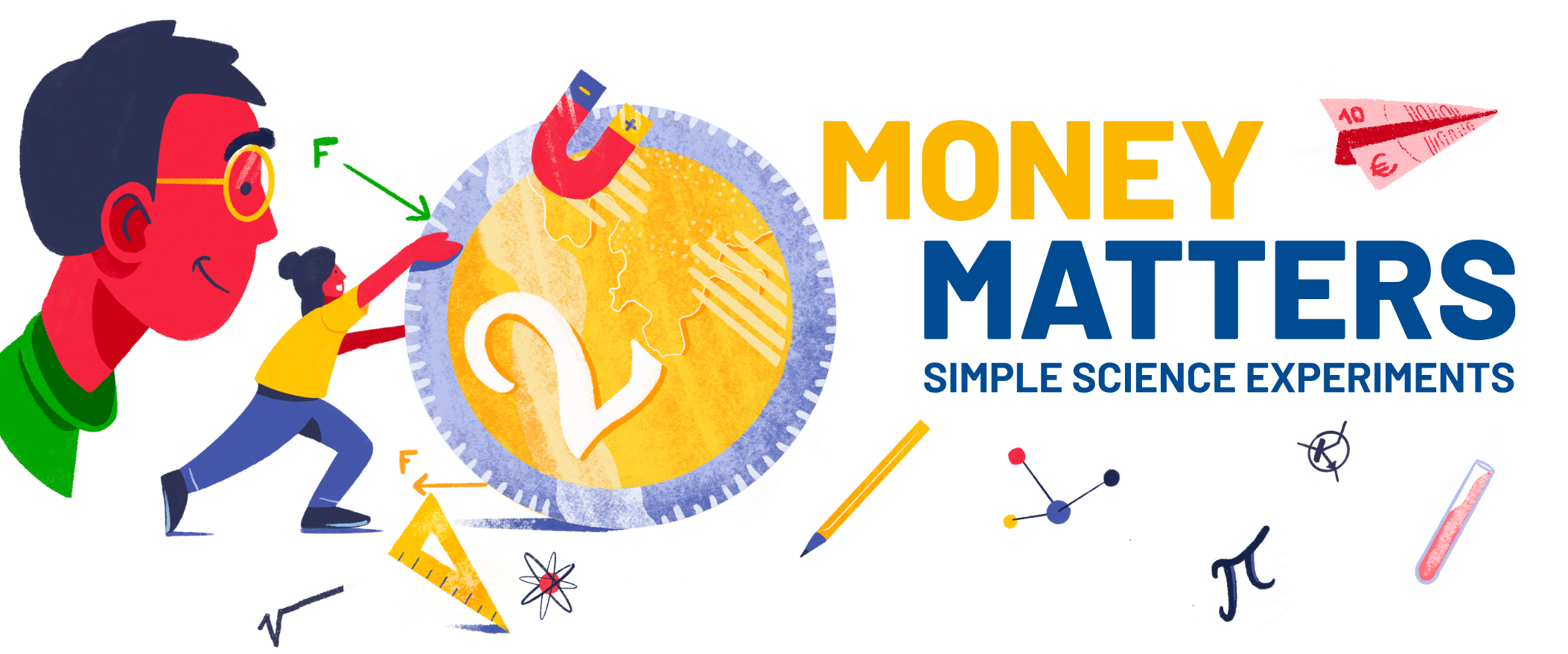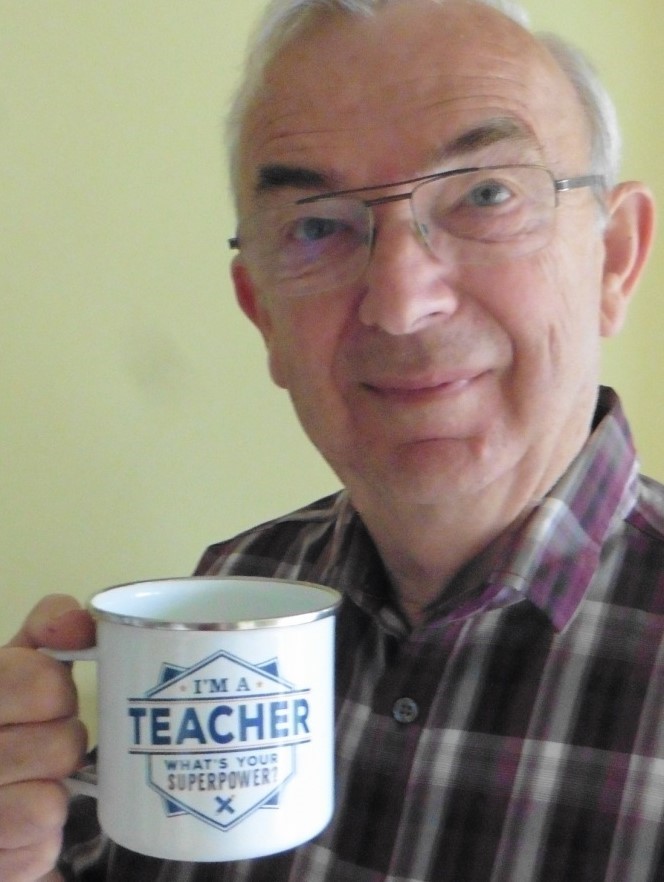Money Matters – Simple Science Experiments

Overview
How can everyday coins and banknotes become tools for exploring science?
This collection of simple experiments shows how familiar money can reveal fascinating scientific principles. The activities cover key areas of science education, including mechanics, electricity and magnetism, chemistry, and properties of materials. Some sections focus on specific concepts like Newton’s laws or surface tension, while others explore mathematical patterns and problem-solving.
Designed for both primary and secondary education, the experiments are suitable for a wide range of age groups and learning levels. Most can be done spontaneously, using only the coins and notes you already have—no lab equipment needed. Whether you're demonstrating inertia, testing how water holds together, or uncovering the hidden magnetic properties of modern currency, these activities bring science to life in a fun, hands-on way.
Teaching Materials
Money Matters – Simple Science Experiments
Download FileMoney Matters – Simple Science Experiments: French Version
Download FileThe authors
 David Featonby is a board member of Science on Stage and an ex secondary teacher who since retirement has had a wide experience presenting to both secondary and primary students and teachers throughout Europe. He believes that science can be very relevant and accessible to all levels and ages of students. David worked for over 35 years in a large English comprehensive school teaching all abilities. On his retirement he worked for the Institute of Physics as a Network Coordinator in the North East and latterly has participated in several Science on Stage festivals.
David Featonby is a board member of Science on Stage and an ex secondary teacher who since retirement has had a wide experience presenting to both secondary and primary students and teachers throughout Europe. He believes that science can be very relevant and accessible to all levels and ages of students. David worked for over 35 years in a large English comprehensive school teaching all abilities. On his retirement he worked for the Institute of Physics as a Network Coordinator in the North East and latterly has participated in several Science on Stage festivals.

Rute Oliveira is passionate about learning and science, that is why she has been teaching physics and chemistry for over 20 years in the south of Portugal. Over the years she has performed science shows at school where she always tries to introduce some fun experiments. She has co-authored several Science on Stage publications and is Science on Stage Europe ambassador.
Share this page

